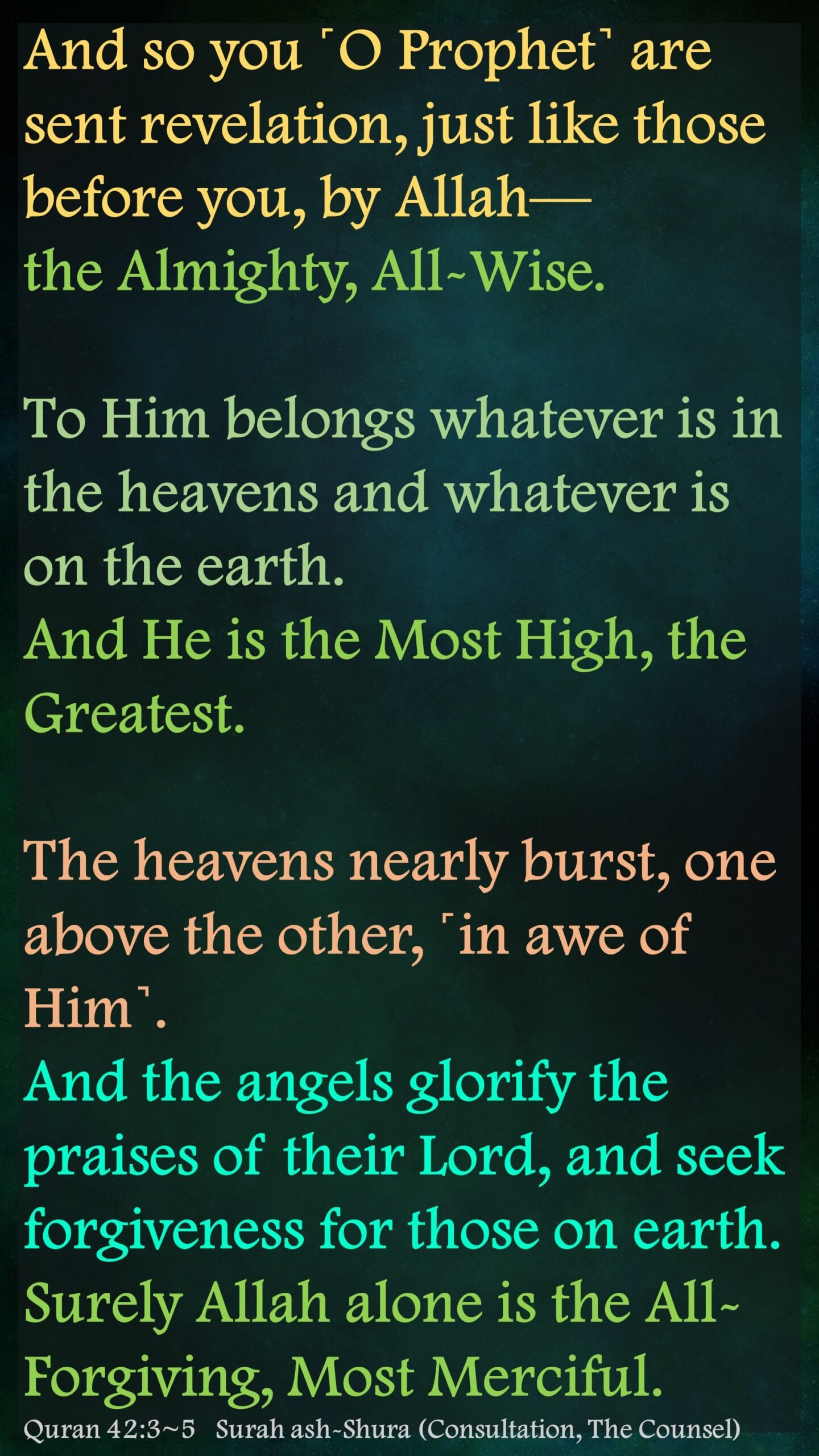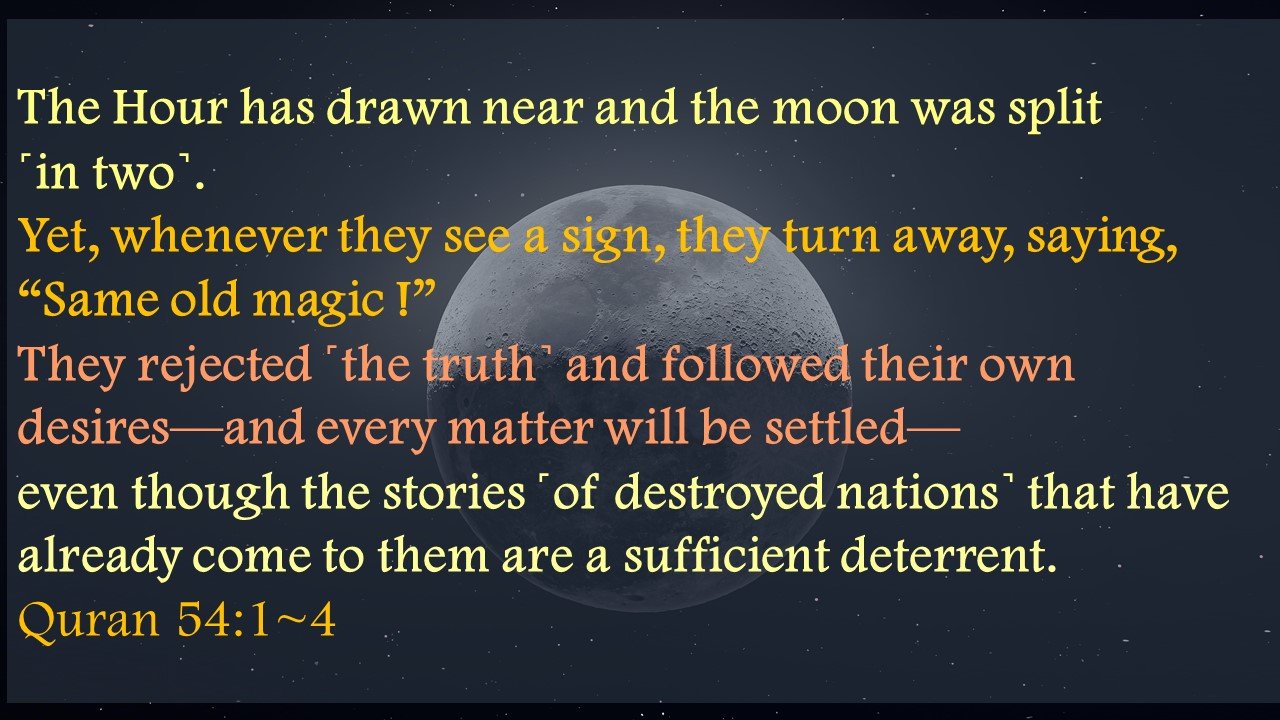Skip to Content
Tag Archives: Verse 4
- Home -
- Posts tagged "Verse 4"
28
Mar, 2023
Islam, Quran
Abraham, Al-Mumtaḥanah, All-Seeing, Allah, always, ayat, cannot, Chapter 60, children, daily, day, decide, disassociate, enmity, example, excellent, father, final, forgiveness, hatred, Ibrahim, idols, inspirations, islam, islamic, judgement, Lord, not, protect, quran, reject, relatives, return, Surah, trust, turn, Verse 3, Verse 4, الممتحنة
25
Dec, 2022
Islam, Quran
All-Wise, Allah, Almighty, awe, ayat, before, burst, Chapter 42, daily, earth, forgiveness, Glorify, Greatest, heavens, inspirations, islam, islamic, Most High, Muhammad, PBUH, Prophet, quran, revelation, SAWW, seek, Surah, Verse 3, Verse 4, verse 5
30
Sep, 2022
Uncategorized
Allah, Chapter 67, creation, daily, flaw, frustrated, heavens, imperfection, inspirations, islamic, look, Most Compassionate, no, quran, return, seven, sight, Surah, Verse 3, Verse 4
19
Jul, 2022
Islam, Quran
absolve, achievement, All-Knowing, All-Wise, Allah, ayat, believers, Chapter 48, daily, earth, Faith, forces, garden, heart, Heaven, inspirations, islam, islamic, quran, serenity, sin, supreme, Surah, Verse 4, verse 5
4
Apr, 2022
Islam, Quran
Al-Baqarah, ayat, Chapter 2, daily, inspirations, islam, islamic, quran, Surah, The Cow, The Heifer, verse 2, Verse 3, Verse 4, verse 5
7
Jan, 2022
Islam, Quran
ayat, Chapter 29, daily, inspirations, islam, islamic, quran, Surah, verse 2, Verse 3, Verse 4
5
Jan, 2022
Islam, Quran
ayat, Chapter 27, daily, inspirations, islam, islamic, quran, Surah, Verse 4, verse 5
23
Dec, 2021
Islam, Quran
ayat, Chapter 54, daily, inspirations, islam, islamic, moon, quran, Sign, split, Surah, verse 1, verse 2, Verse 3, Verse 4
12
Dec, 2021
Islam, Quran
ayat, Chapter 13, clusters, daily, date palm, grapevine, inspirations, islam, islamic, quran, roots, signs, Surah, taste, tracts, Verse 4
20
Oct, 2021
Quran
Allah, ayat, believe, Chapter 65, daily, ease, inspirations, islam, islamic, quran, Surah, Verse 4








